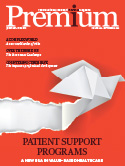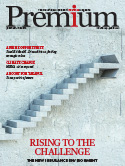Stricter RBC rules expected in S. Korea

The Financial Supervisory Service (FSS) of South Korea is planning to adopt new regulations so that insurance companies raise their risk-based capital (RBC) ratios in stages before the introduction of IFRS 17 scheduled for 2021. This is to encourage them to increase their capital or improve their debt structures in advance with the introduction of the new international accounting standards predicted to increase their debts by at least 20 trillion won, according to a report in the Business Korea.
According to the current RBC requirements, which went into effect in 2011, each insurance company has to have some surplus capital as well as legal reserves on hand at all times so that its customers can be protected from its unexpected losses. The greater the difference that is obtained by subtracting insurance benefits to be paid from the extra capital, the higher its RBC ratio becomes. An insurer with a high RBC ratio is regarded as a financially stable company.
According to the FSS, the extension goes into effect in May in the insurance companies that accept it and overall implementation is scheduled for December 2017 so underprepared insurers can be less affected. In addition, insurers handling more variable insurance products with guaranteed minimum benefits, which are highly sensitive to economic conditions, than the others have to prepare more capital. The required capital to be applied to those products is scheduled to be increased by 35 percent late this year, 70 percent in 2018 and 100 percent in the following year.





































